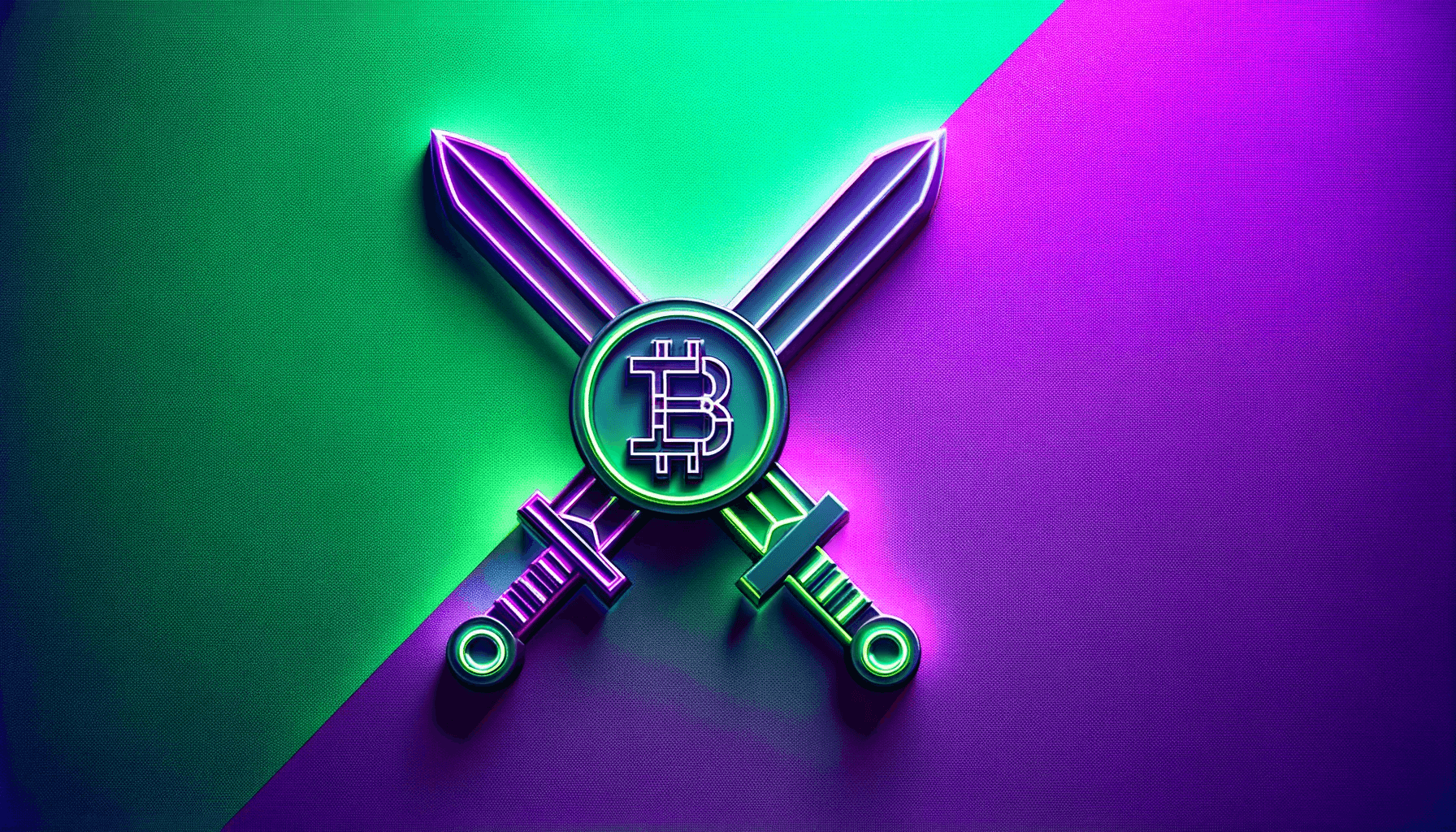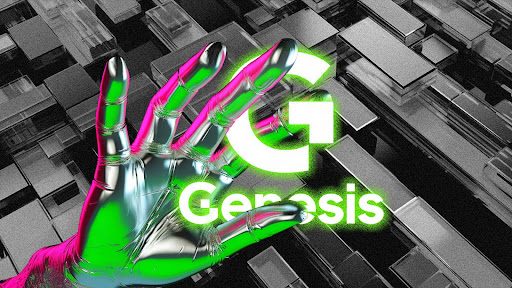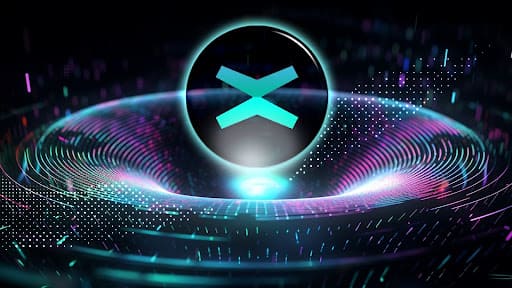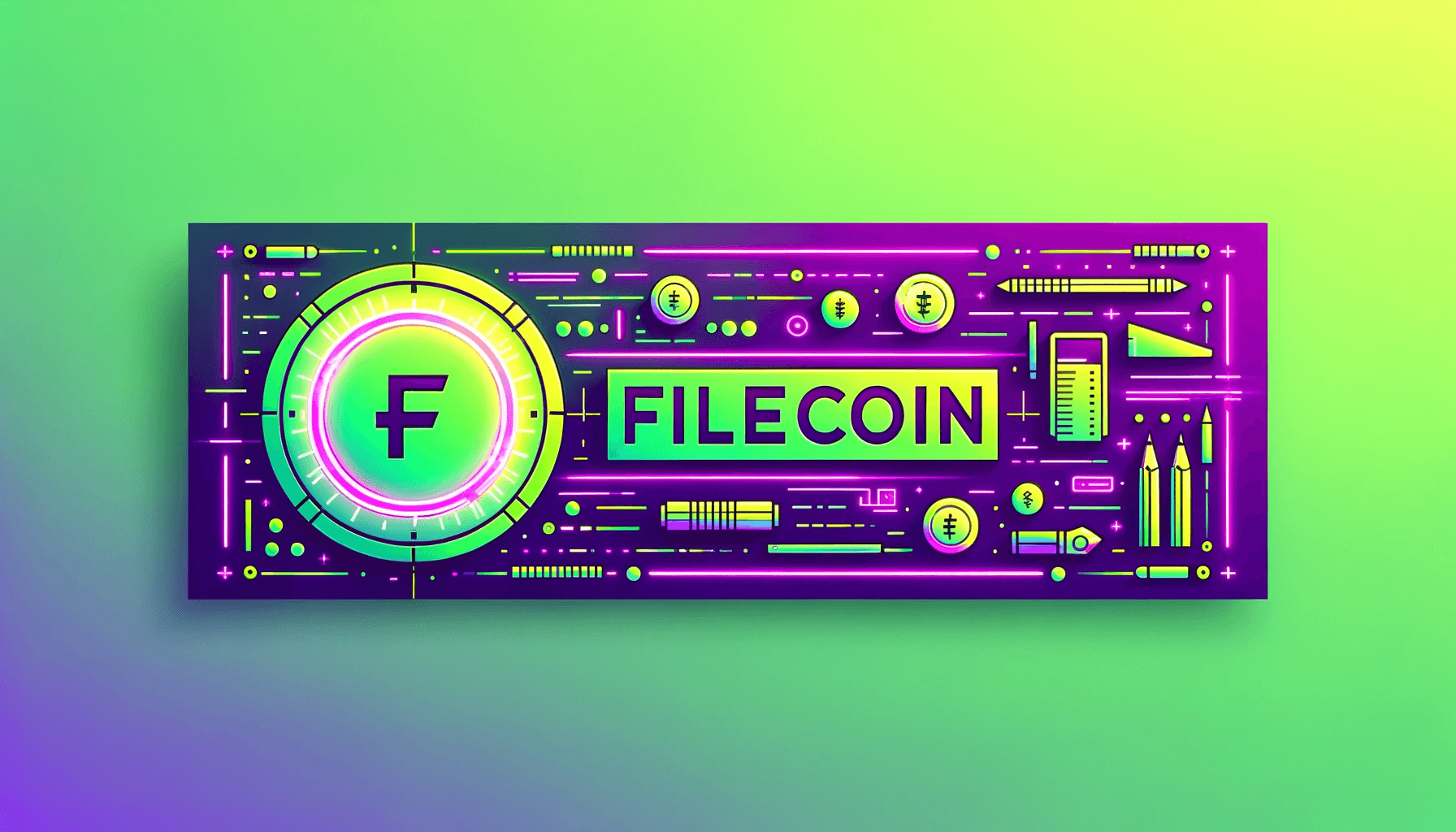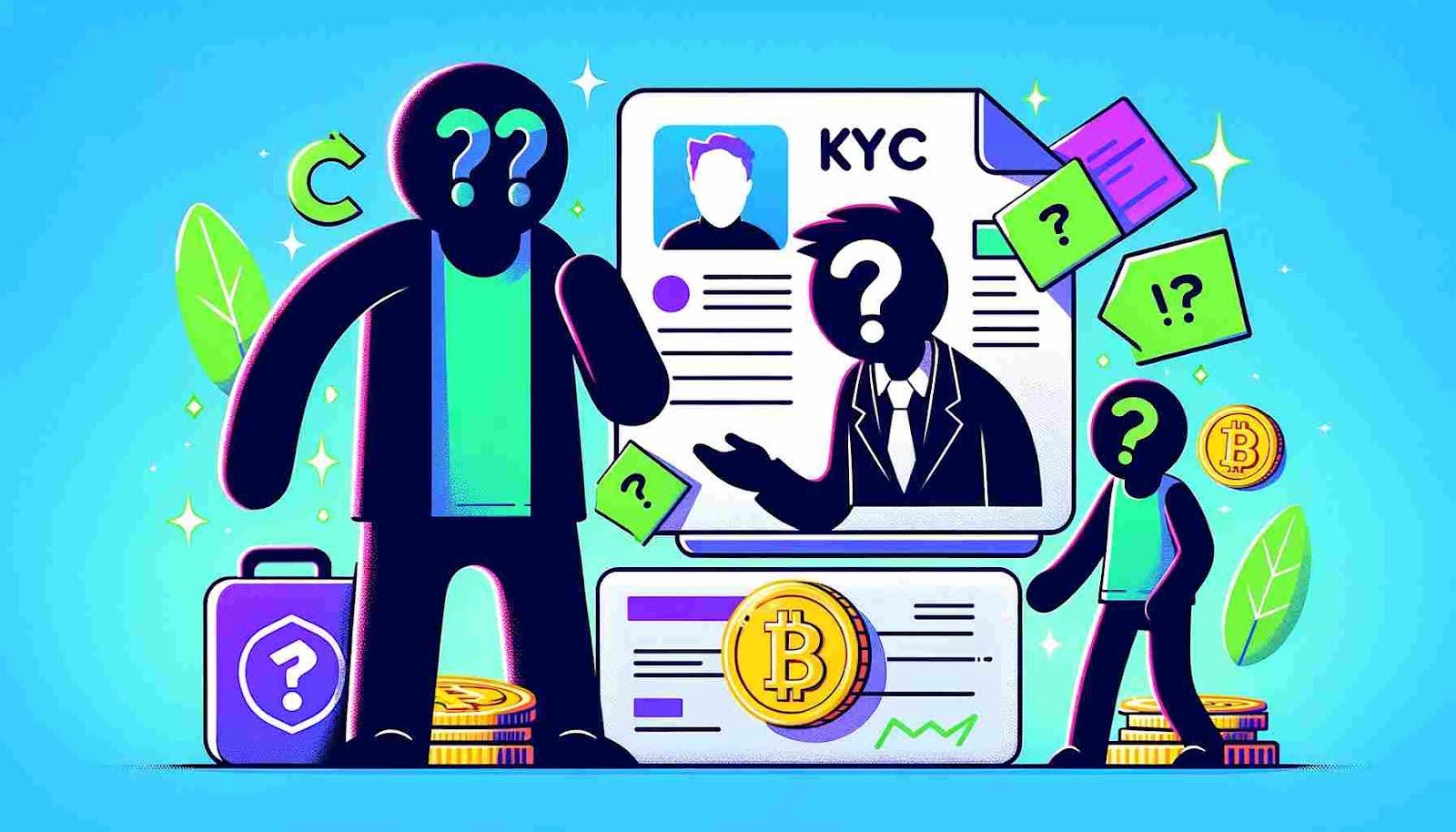
In the world of cryptocurrencies, privacy is a valued commodity for many. While most mainstream exchanges require Know Your Customer (KYC) procedures to combat money laundering and fraud, some investors seek ways to buy crypto without KYC.
For context, KYC is a standard practice in the finance industry. It involves service providers verifying the identity of their clients through processes that often involve submitting personal identification documents, address proofs, and sometimes biometric verification.
In this article we will explore the methods of how to buy crypto without KYC, discussing the associated risks, legal considerations, and privacy tactics.
Understanding KYC
The quest for financial privacy has led many in the crypto community to seek methods to buy crypto without KYC.
This pursuit aligns with the core philosophy of decentralisation and anonymity that initially started the cryptocurrency movement.
KYC procedures are a cornerstone of the global financial regulatory framework, intended to prevent fraud, money laundering, and terrorist financing.
In the crypto world, these procedures involve collecting and verifying personal identification data before allowing users to trade.
Exchanges and trading platforms implement KYC to comply with regulations set by financial authorities, aiming to ensure a secure and transparent financial environment.
Some users prefer to keep their financial activities and identity private, so may wish to use platforms without KYC to complete transactions.
Investors in certain regions may also face restrictions or lack access to traditional exchanges, with no KYC they can still trade.
The Appeal of Non-KYC Crypto Transactions
-
Many individuals value privacy in their financial transactions. They prefer methods that allow them to buy, sell, or hold cryptocurrencies without disclosing personal information to maintain anonymity.
-
Non-KYC transactions minimise exposure to surveillance by governments or corporations, appealing to those wary of the oversight.
-
Non-KYC methods often allow for quicker transactions by eliminating the process of going through identity verification.
-
For users in regions with restrictive regulations or underbanked populations, non-KYC crypto transactions provide an accessible alternative to traditional banking.
-
A segment of the crypto community is driven by the original principles of cryptocurrency, which advocate for decentralisation, autonomy, and privacy. They view KYC as the main problem to these principles.
-
There's a belief that blockchain technology's inherent security and transparency eliminate the need for traditional identity verification methods.
The increasing desire for financial privacy has driven a significant portion of the cryptocurrency community towards methods of purchasing and trading cryptocurrencies without revealing personal information.
This trend is deeply rooted in the principles of decentralisation and anonymity that are central to the ethos of cryptocurrency.
Methods of How To Buy Crypto Without KYC
Purchasing crypto without KYC allows individuals to engage with the crypto ecosystem while maintaining privacy and autonomy.
However, it's essential to navigate this space with an understanding of the associated risks and legal considerations.
By carefully selecting platforms and methods, users can explore the benefits of non-KYC transactions while mitigating potential downsides.
Centralised Exchanges (CEXs) with Limited KYC
Some exchanges allow users to use the platforms without completing KYC, this is still required to have access to all features.
A list of top non-KYC exchanges can be found here.
-
Some centralised exchanges offer limited services without requiring full KYC, usually restricting transaction sizes or functionalities.
-
Users can often trade or withdraw small amounts of cryptocurrency without providing full identity verification.
-
They offer user-friendly interfaces and higher liquidity and provide access to a wide range of cryptocurrencies and trading pairs.
-
They provide limited functions without full KYC and have potential future restrictions due to regulatory changes.
Decentralised Exchanges (DEXs)
Platforms like Uniswap and Sushiswap allow users to buy crypto without KYC.
-
Users can complete direct wallet-to-wallet trades without a central authority.
-
Users maintain control of their private keys and personal data.
-
Greater privacy and autonomy over transactions, as typically there is no personal information required.
-
However, they can be potentially complex for new users and may have lower liquidity compared to CEXs.
Peer-to-Peer (P2P) Platforms
Platforms like Bisq allow users to buy and sell cryptocurrencies directly with one another without requiring personal information, although the level of anonymity may vary based on payment methods and individual arrangements.
-
Facilitate direct transactions between individuals, often providing an escrow service.
-
Variety of payment methods including bank transfers, cash, and more.
-
Flexible payment methods and potentially more privacy. Can negotiate prices and terms directly with the other party.
-
Higher risk of scams and fraud if not careful. Prices can vary widely and may not always be competitive.
Privacy Coins
Cryptocurrencies like Monero (XMR) or Zcash (ZEC) are designed for anonymity, they can be purchased on CEXs and DEXs and can sometimes be bought directly from miners or in private trades.
More on Privacy Coins can be found here.
Crypto ATMs
-
Physical kiosks where you can buy cryptocurrencies with cash or a card.
-
Some machines offer anonymous transactions up to a certain amount.
-
Convenient for small, quick transactions, and offers some degree of anonymity for smaller amounts.
-
However, it does have higher transaction fees, limited availability and transaction limits.
Gift Cards or Prepaid Cards
In some cases, users can buy gift cards or prepaid debit cards with cash and then use them to indirectly purchase cryptocurrencies but this is not available for all cryptocurrencies.
Risks and Considerations
-
Be aware of local laws and regulations as using certain platforms or methods might have legal implications.
-
Non-KYC or limited KYC methods can expose you to heightened risks of scams or less protection.
-
Cryptocurrencies are inherently volatile, and prices can fluctuate dramatically within the span of your transaction process.
-
When trading, use a VPN and secure internet connections to maintain privacy.
-
Some non-KYC platforms may have lower liquidity or higher price volatility, affecting the efficiency and cost-effectiveness of transactions.
-
As regulations evolve, the landscape of non-KYC crypto trading might change. Users should stay informed about legal developments and emerging technologies that might impact their ability to trade anonymously.
When buying crypto, whether through a centralised exchange with limited KYC, decentralised platforms, or other means, it's crucial to weigh the benefits of privacy against the potential risks and limitations.
Each method has its trade-offs, and users should choose based on their individual needs, risk tolerance, and the legal framework of their country.
Always prioritise security and due diligence, especially when engaging in transactions that offer more anonymity.
Final Thoughts
Knowing how to buy crypto without KYC procedures is a pathway for those prioritising privacy and speed in their transactions.
However, it comes with its own set of challenges and risks.
By understanding the methods available, the risks involved, and adhering to best practices, you can navigate the world of anonymous crypto purchases more safely and effectively.
As regulatory landscapes shift, the avenues for buying crypto without KYC might change.
It's crucial to stay informed about new platforms, technological advancements like atomic swaps, and regulatory developments in the crypto space.
Use a new wallet address for transactions to avoid traceability to your identity, using smaller transactions makes it less likely to attract attention than moving large sums.
Whether you're a seasoned crypto enthusiast or a newcomer to the space, understanding the nuances of anonymous transactions is key to navigating this complex and evolving landscape.
Can You Buy Crypto Without KYC - FAQ
Are there any completely anonymous ways to buy crypto?
While methods like using CEXs that don't require KYC, DEXs or P2P platforms can provide anonymity, complete anonymity is challenging to achieve due to network analysis and other tracking methods used by parties seeking to identify transaction parties.
Can buying crypto without KYC impact the security of my investment?
Potentially yes, non-KYC methods through a DEX might expose you to higher risks of scams or theft, especially newly listed crypto. It's crucial to take extra precautions with security and understand the trustworthiness of the platforms or individuals you're dealing with.
How can I keep up with changing regulations on crypto purchases?
Regularly consult legal advisories, news sources, and community forums focused on cryptocurrency regulations to stay informed about current and upcoming laws affecting crypto transactions in your region.
Want More Cutting-Edge Crypto News?
Follow Us: X TikTok Instagram Telegram LinkedIn
Sign up to our newsletter at the bottom of the page
Check Out Our Top 10 Crypto Currencies of 2024
This article is intended for educational purposes and is not financial advice.


